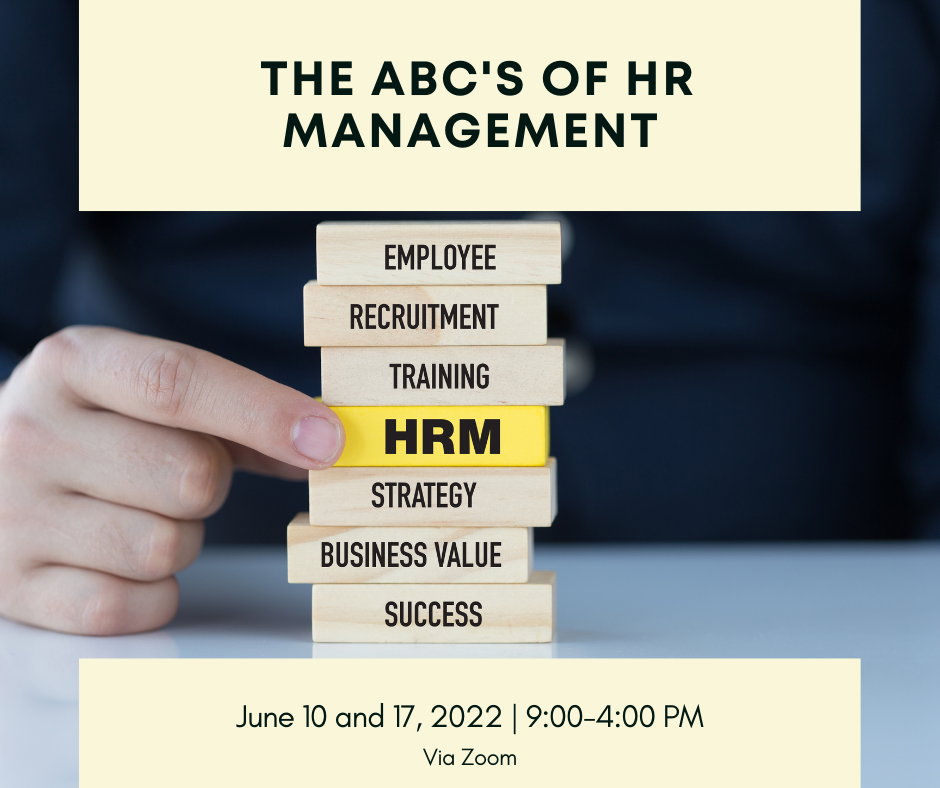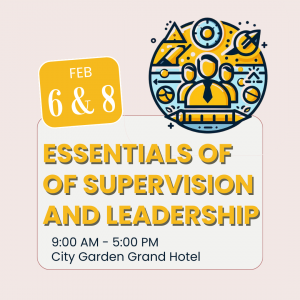Description
HR is primarily concerned with the management of people within an organization. HR departments are responsible for overseeing employee benefits, employee recruitment, training and development, performance appraisals, and rewarding. However, HR should not be defined by what it does, but by what it delivers – results that enrich the organization’s value to stakeholders.
What’s in it for you?
- Learn the basic principles/standards of Human Resource functions
- Recruitment and Selection
- Training and Development
- Compensation Management
- Employee Relations
- Compare current practices with the principles/standards of the said HR functions
3. Apply the principles/standards of the said HR functions
Training Outline
Introduction
- Evolution of Human Resource Management
- Different levels of HR’s Role in Organizations
- HR’s Contribution to an Organization’s Success
Recruitment and Selection
- Manpower Planning Process
- Job Profiling
- Effective Recruitment Techniques
- Effective Selection Techniques
- Effective Retention Strategies
Performance Management System
- Performance Planning
- Performance Review
- Performance Evaluation
Training and Development
- Training Needs Analysis
- Training Module Development
- Training Delivery
- Training Effectiveness Evaluation
Compensation Management
- Compensation Objectives
- Compensation Philosophy
- Job Evaluation
- Salary Structure
- Reward Systems
Employee Relations
- Overview of the Philippine Labor Code
- Provisions of the Philippine Labor Code
- Determining Employer-Employee Relationship
- Types of Employment
- Employee Work Conditions
- Provisions of the Philippine Labor Code
- Employee Wages and Benefits
- Employee Discipline
- Grievance Handling
Manualization of HR Policies
- The Need for HR Policies
- How to Write HR Policies
- Implementing HR Policies
- Reviewing HR Policies
Summary & Integration




